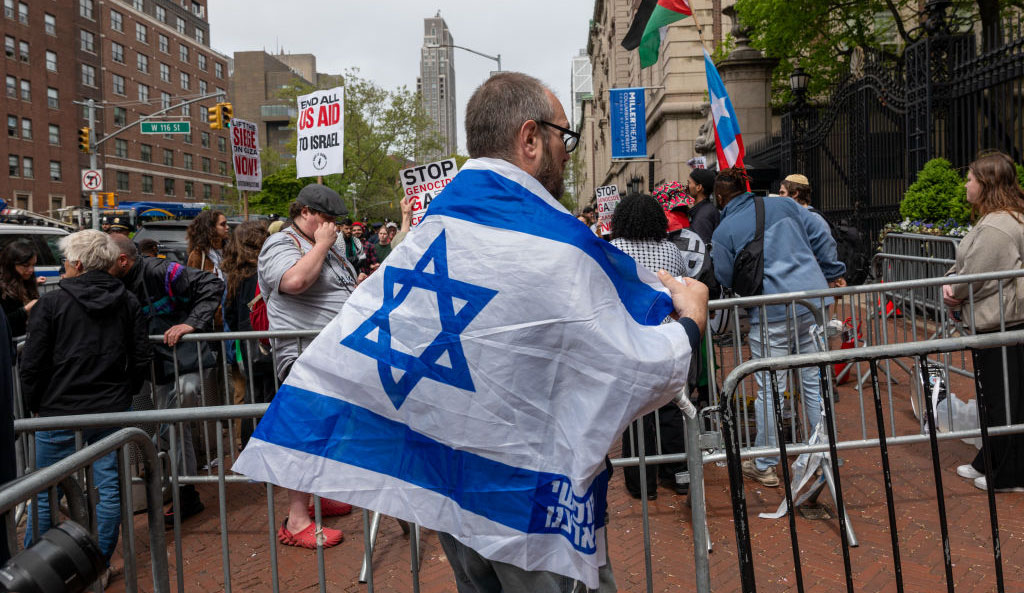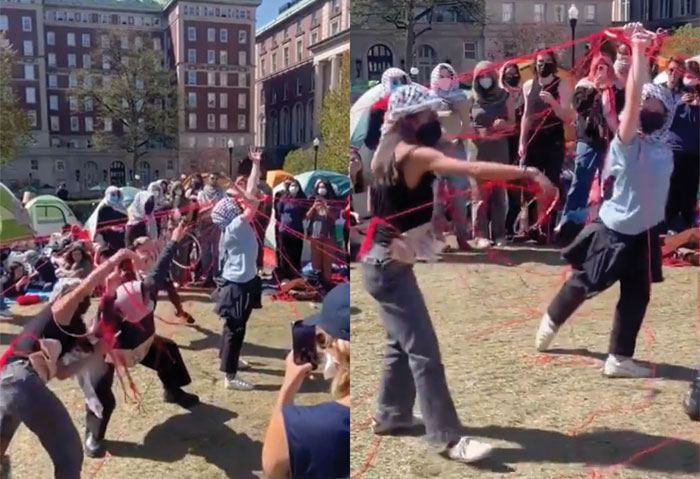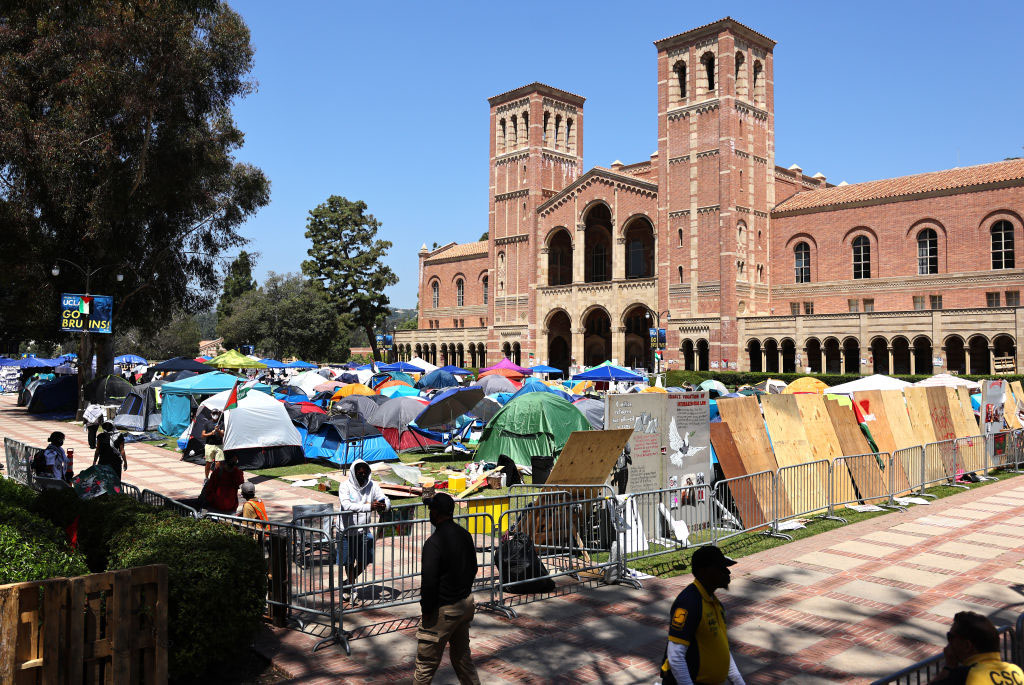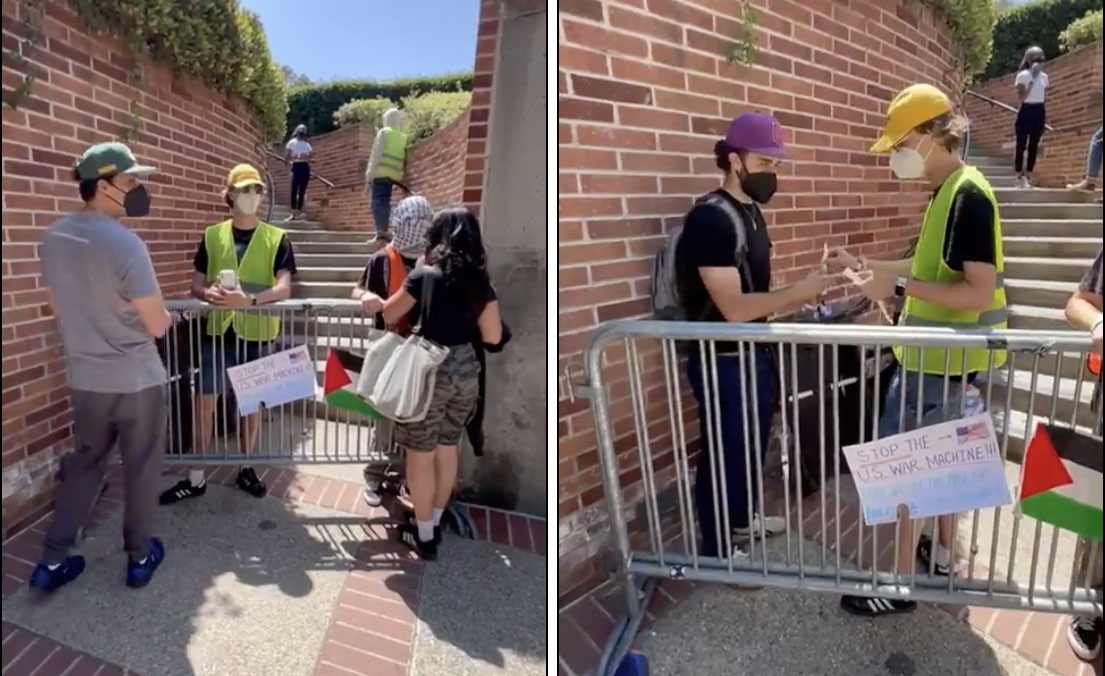It is often mumbled or even overlooked altogether. But it’s part of our liturgy every Shabbat morning, and it expresses the most deserved words of praise and thanks that we recite the whole day. “May God bless all of those who faithfully involve themselves in the needs of the community. May the Holy One pay them their reward.” Committee chairs, project volunteers, officers and board members — this one’s for you.
The old quip about this prayer is that we ask God to bless and reward our community’s lay leadership, because you can be sure that nobody else will. Justifiably or not, volunteering on behalf of the community is often held up as the epitome of thankless work, the endeavor for which the phrase “no good deed goes unpunished” was coined.
Apparently, not much has changed in this regard since the days of Moshe and Joshua. On Shabbat morning, we will read of Moshe’s personal crisis as the burden of leadership becomes too much for him to bear. Addressing Moshe’s plea for relief, God proposes that Moshe gather 70 of the elders at the Tent of Meeting, where God will share Moshe’s prophetic spirit with them, enabling them to assist in the leadership of the people. All follows according to plan until two elders, Eldad and Medad, are also discovered to be prophesying, despite the fact that they had not come to the Tent of Meeting. Joshua, fearing that this represents some sort of seditious activity, insists that Moshe act swiftly against them. (To his great credit, Moshe instead responds, “If only God would place His spirit into all of the people!”) Through the interpretative lens of the Talmud, Joshua’s comment to Moshe not only reiterates what we already know about the difficulties of communal leadership, but also enables us to appreciate our communal leaders in a new way.
In describing what it is he thinks Moshe should do to stop Eldad and Medad from prophesying, Joshua invokes the somewhat obscure Hebrew word k’la’em. It is rendered by the Talmud to mean, “place upon them the burdens of communal leadership, and their end will surely then come.” Yes, the interpretation has the slightly cynical ring of authors who were themselves in positions of communal leadership, but beyond that it also crisply delineates the deep difference between a prophet and a leader, very much in favor of the latter.
What the talmudic sages are pointing out here is that it is relatively easy, in the scheme of things, to stand on the sidelines and, in the role of prophet, criticize the community for its shortcomings and failures. We have actually had some prophets over the course of history who have done just that. But it’s an altogether different task to wade into the trenches, into the community whose flaws you so clearly perceive, and to make it your life’s work to effect improvement and change. When you do the latter, you see how complex people are, and you come to understand how things got to be the way they are to begin with. And you realize that in committing yourself to effecting change, you will need to acquire deep reservoirs of patience, and an almost super-human ability to absorb frustration. All while staying focused on the goal and never forgetting that the community you are serving is worth every drop of effort you are investing in it. Anyone can carp prophetically from the sidelines. But put them in the trenches — Joshua was suggesting to Moshe — and see how quickly their impulse to prophecy dries up.
In this talmudic teaching, there is most certainly advice for anyone who aspires to communal leadership. But more importantly, there is advice for all of us who benefit from the communal leadership of others. We need to look at our community leaders, and appreciate them for who they truly are. They are not Eldads and Medads. Rather they are people who, bearing no illusions about the difficulty of effecting change, freely chose to tolerate the vicissitudes of communal involvement, and to strive for the ideals that we all share. No one’s perfect. Even Moshe wasn’t perfect. But people who lower their shoulders and take on the yoke of community are an indispensable blessing for us all.
Indeed, may the Holy One pay them their reward. But a kind word from the rest of us wouldn’t hurt either.






















 More news and opinions than at a Shabbat dinner, right in your inbox.
More news and opinions than at a Shabbat dinner, right in your inbox.